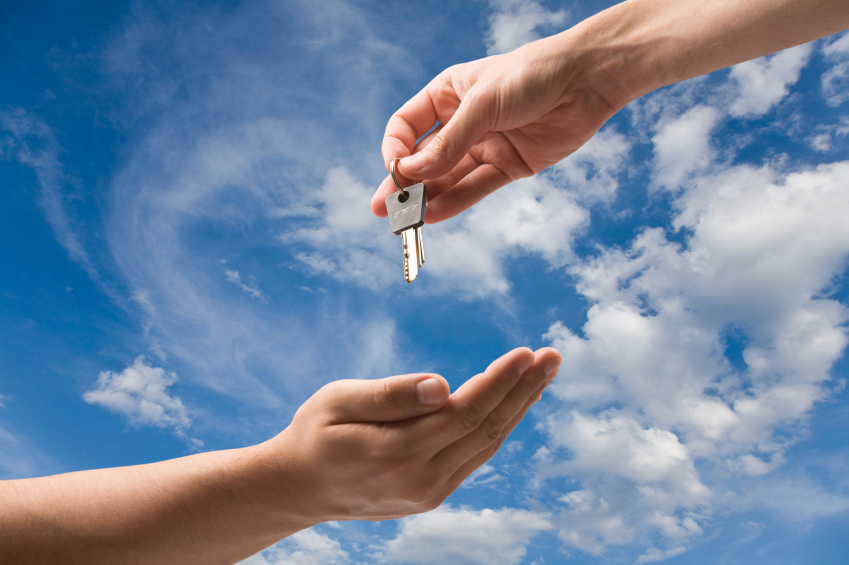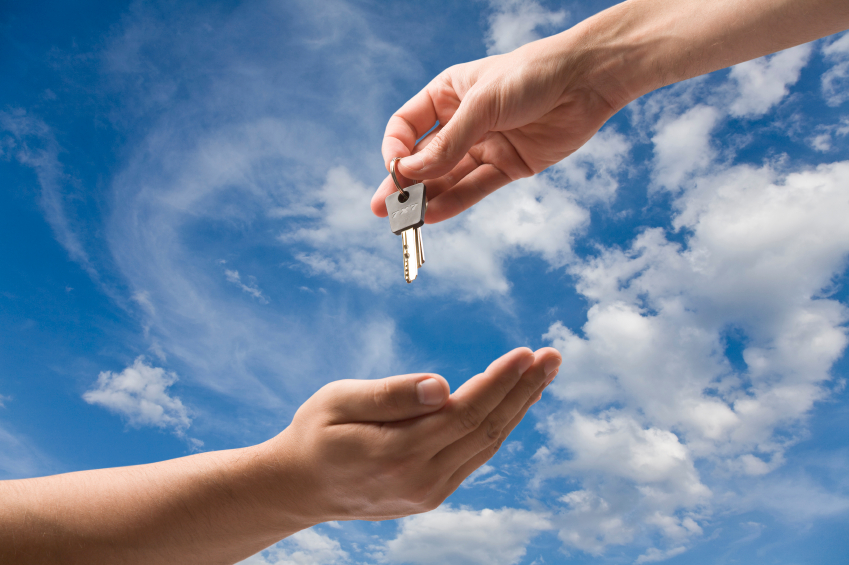 It’s all yours.iStockI recently committed a subversive act: I sold my car, and I’m not buying a new one.
It’s all yours.iStockI recently committed a subversive act: I sold my car, and I’m not buying a new one.
I’d thought that I’d feel virtuous and free — and I do — but it’s turned out to be a bit more complicated than that.
Never too attached to my particular car, I considered it transportation, not a reflection of who I am. My job as an environmental reporter has taught me about the hazards of car ownership, from pollution and materials waste to sprawling, disconnected communities to oil politics — even obesity. Yet in spite of living for 14 years in San Francisco, a compact city with good public transit, I’d held onto my car.
In fact, I did walk and bus many places. Plus the city has two car-share businesses, one with a lot around the corner from my house. Why did I need a car? I am the target market for these companies, yet the notion of selling my car still generated paranoia of being trapped in a lawless city after an apocalyptic event.
Finally, I realized that my 1997 Saturn SL2 wasn’t getting any younger; it would be best to cut ties before it really cost me money. I considered buying another, but a quick look at used prices put me off that idea.
Doing the math — insurance, registration, gas, maintenance, depreciation — I was surprised to find that I would likely come out ahead by busing and car sharing. My plan to rent out my parking space was gravy. I joined the car-share company on trial and borrowed a car once to see how it worked. It was easy and kind of fun. Yet despite all this progress, I still resisted putting my car up for sale until my insurance came due again.
Because suddenly, instead of a rattletrap responsibility, my car felt like a security blanket. It could take me wherever I wanted to go, whenever I wanted! My depth of feeling for this vehicle, which I’d never really liked and sometimes felt guilty for using, caught me off guard. In spite of my values, I clearly wasn’t immune to the way cars are embedded into our infrastructure and culture.
Finally, the time came. The morning of the sale, I drove to meet the buyer. On this, our last trip together, I looked around the car’s interior and considered it with new eyes. Cleaner than usual, it felt cozy, almost homey. I thought to it, “Say goodbye to the neighborhood,” simultaneously feeling verklempt and a bit ridiculous.
After the sale, I walked past where I’d last seen the car and instinctively veered to reunite with it. Laughing, I ruminated over my expected savings and the maintenance hassles I’d avoid, feeling a real sense of liberation.
In the weeks that I’ve been car-free, the story of Why I Sold My Car, And How I Will Travel Now has been a subject of intense interest from family, friends, neighbors, insurance agents. As I am one who enjoys challenging assumptions, these talks have been mostly fun.
Still, living differently has a learning curve. Frustration hit when I encountered a line at a car rental company (used for longer trips) and when I researched a bus route improperly and ended up late. But other lessons have been exciting, like when I realized a bus a block from the house takes me directly to three popular neighborhoods across the city.
I’m saving money, getting exercise by walking, and becoming more familiar with my city on the street level. If that’s subversive, I’m for it.



